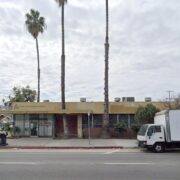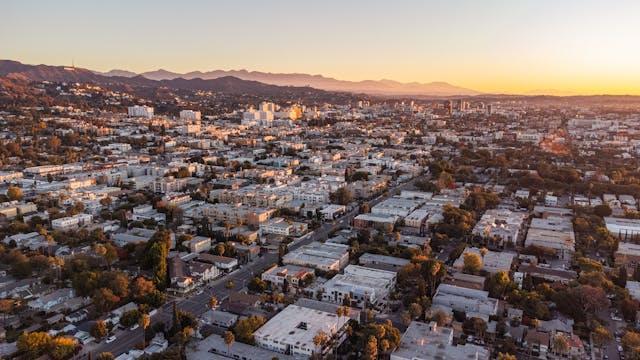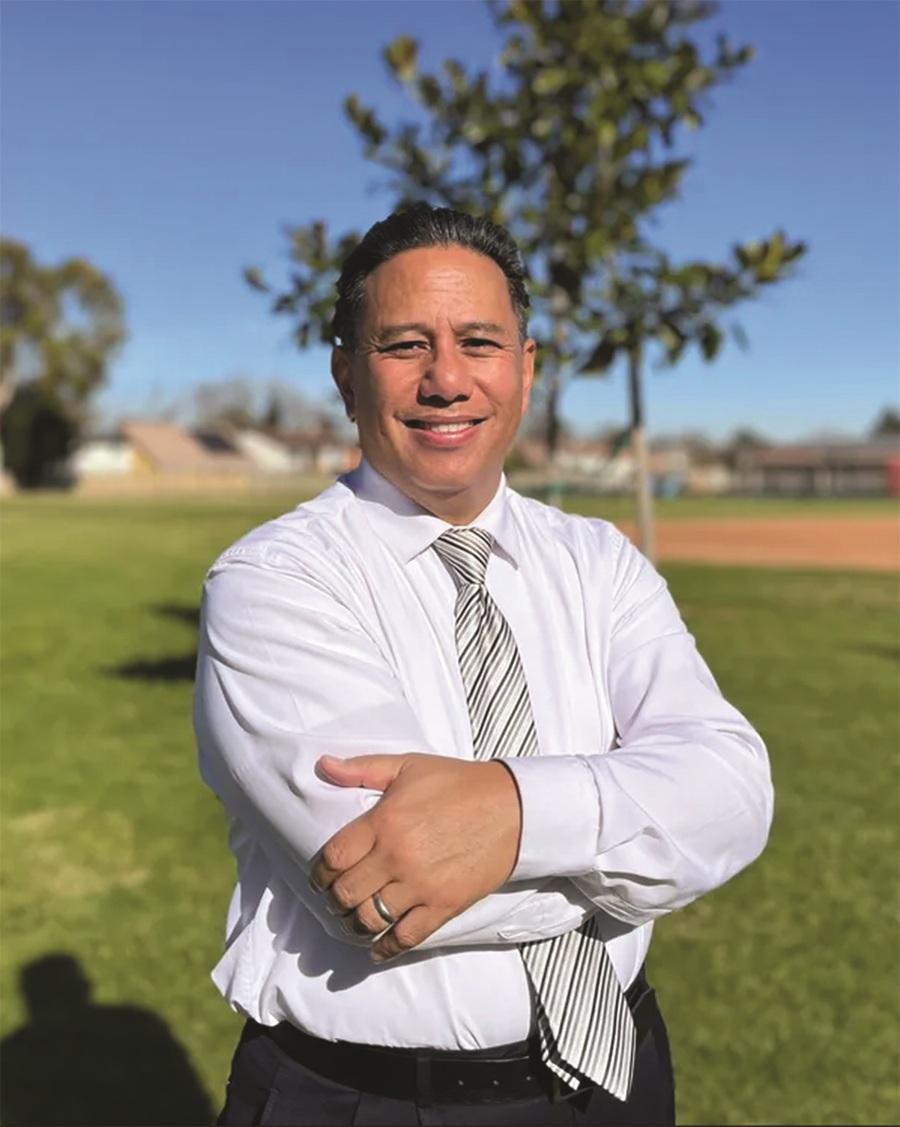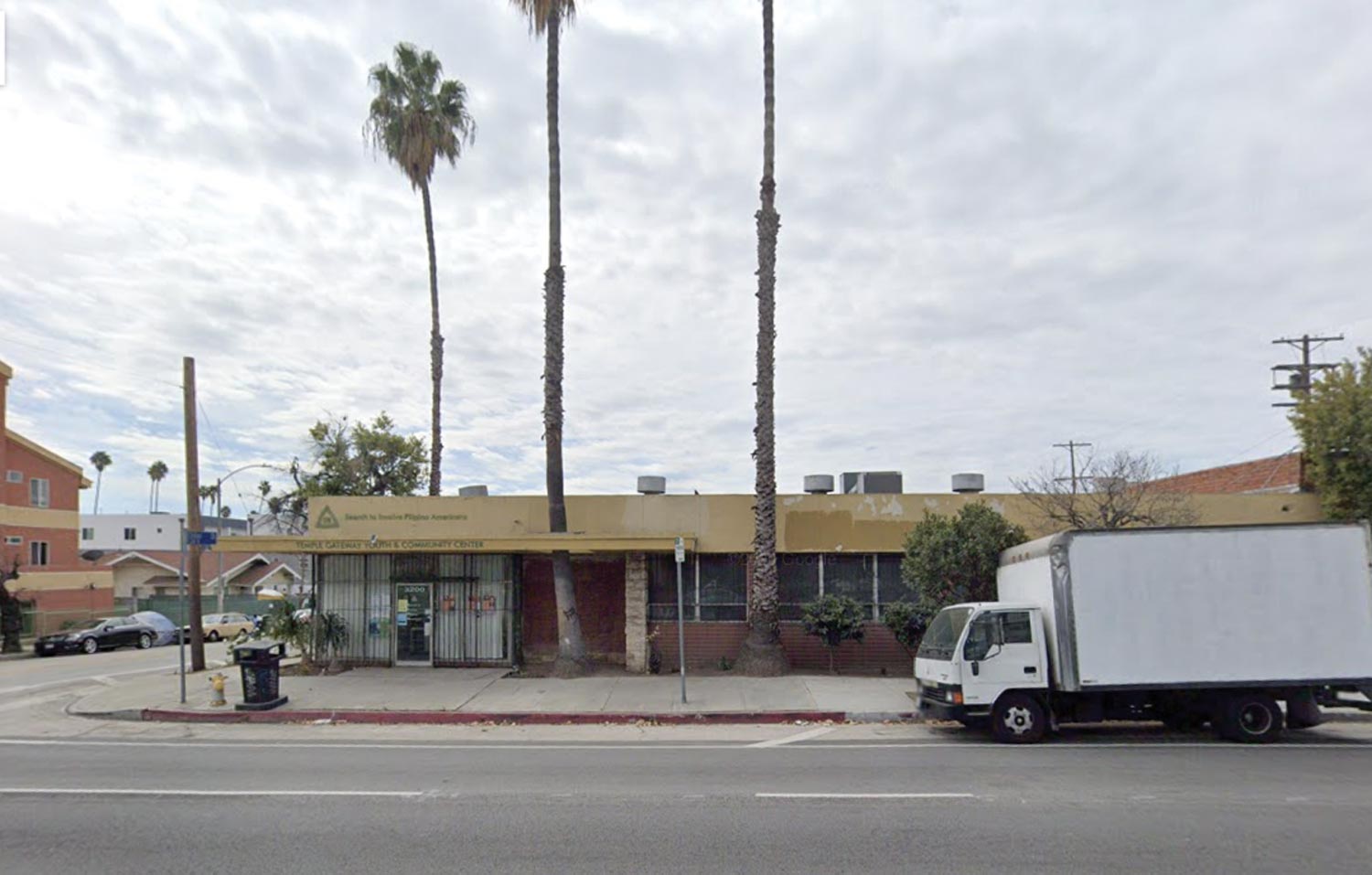
The project is expected to be completed by early 2022
A new chapter for a long-standing organization in Los Angeles’ Historic Filipinotown is underway.
Nonprofit organization Search to Involve Pilipino Americans (SIPA) on Thursday, Aug. 27 announced it began rebuilding its new headquarters in the neighborhood that will incorporate affordable housing units.
The project, named HiFi Collective, is designed to be a multifaceted facility that will include SIPA’s offices and community and entrepreneurial spaces.
The five-story building will also provide 63 units of supportive housing for the neighborhood’s homeless community through SIPA’s partnership with the housing firm Linc Housing.
HiFi Collective, located at 3200 West Temple Street, neighbors the western gateway to Historic Filipinotown, establishing itself as a cultural landmark in one of the world’s most ethnically diverse cities.
The building’s 6,100-square-foot ground level will house SIPA’s offices and a 2,700-square-foot multipurpose room as well as a programming space, community cultural center and the “John Eric Swing Small Business Center” dedicated to the beloved former executive director of SIPA who passed away in June due to COVID-19.
Founded in 1972, SIPA is considered one of the oldest Fil-Am nonprofits in the country, which provides the community with services, such as youth programming, small business counseling, and arts and cultural education.
The concept for the redevelopment began several years ago as Historic Filipinotown began to gain national attention as one of the “coolest” neighborhoods from CNN and Time Out magazine.
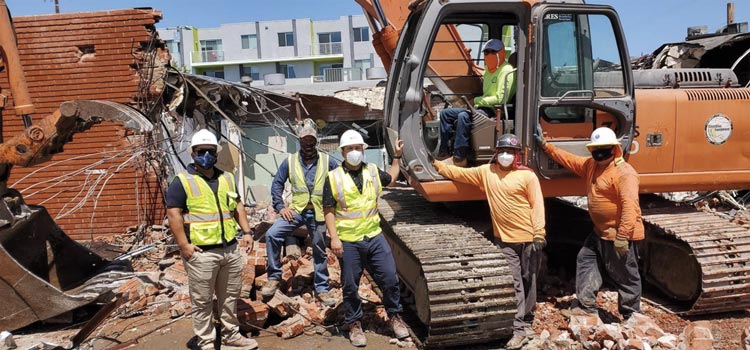
The facility — which is expected to be completed by early 2022 — was designed to upgrade SIPA’s offices and reflect the spirit and transformation of Historic Filipinotown.
Jessica Del Mundo, who serves on SIPA’s Board of Directors, told the Asian Journal that as a response to the national attention the neighborhood was getting, the organization “wanted to elevate the cultural and arts components of our community, so all those factors really influenced us.”
She continued, “Naming it HiFi Collective helps us to really spotlight Historic Filipinotown and show that what was going to be in this space was so much more than just affordable housing, and as important as that is, we wanted to have all these dynamic elements.”
Providing affordable housing to the community isn’t new for SIPA, which owns “a very small portfolio of affordable housing communities,” according to Jennifer Taylor, head of real estate of SIPA’s Board of Directors.
“It’s no secret that the issues that face this country have a lot to do with homelessness and affordability so it only made sense for us to take the real estate that SIPA owns and make the highest and best use of this space,” Taylor told the Asian Journal, adding that SIPA found a way “to program the ground floor specific to servicing the community” and use their “air rights to build above” the ground floor.
“We wanted to be part of the solution and not part of the problem,” Taylor said.
The residents of the facility’s 63 housing units will also have private access to the building’s many amenities, “including a community room, computer lab, community kitchen, indoor bike parking, laundry, outdoor deck and offices for supportive services,” the organization’s representatives said.
Though the recent attention toward Historic Filipinotown is bringing much-needed attention to a previously ignored LA neighborhood, gentrification is largely seen as a negative side effect to increased exposure.
Native Angelenos, many of whom are from communities of color, are worried that with the increased construction of modern apartment complexes in the Historic Filipinotown/Echo Park area, rents will continue to rise, kicking families out of homes they’ve lived in for decades.
Although SIPA doesn’t handle the pricing of these new housing units in their complex, Taylor said that it is the organization’s priority to ensure that their units prioritize the homeless community and those hit hard by the economic downturn over the last decade, especially in recent months during the pandemic.
“Given the environment — we’re in the middle of a pandemic, economic crisis, political dissidence, racial revolution — the biggest challenges would be the timing and access of individuals in other departments to keep this ball moving forward so you know that it’s no different than what other developers in LA are experiencing, but we’ve got a really great development partner that’s keeping the timeline going as best they can given the situation,” Taylor said.
Both Taylor and Del Mundo lauded the city’s relationship with the organization, saying that the City of LA has “been incredibly responsive” and that “they’ve always been very helpful to SIPA” and the greater LA Fil-Am community.
Los Angeles City Councilmember Mitch O’Farrell of the 13th District, which is home to Historic Filipinotown, said in a statement that HiFi Collective “hits the mark on many levels: we’re providing 63 units of housing for the formerly homeless in the area; we are collaborating with a Filipino service organization with a long-standing commitment in the community; and we’re honoring John Eric Swing, whose positive contributions to Historic Filipinotown have left an indelible mark in the neighborhood.”


